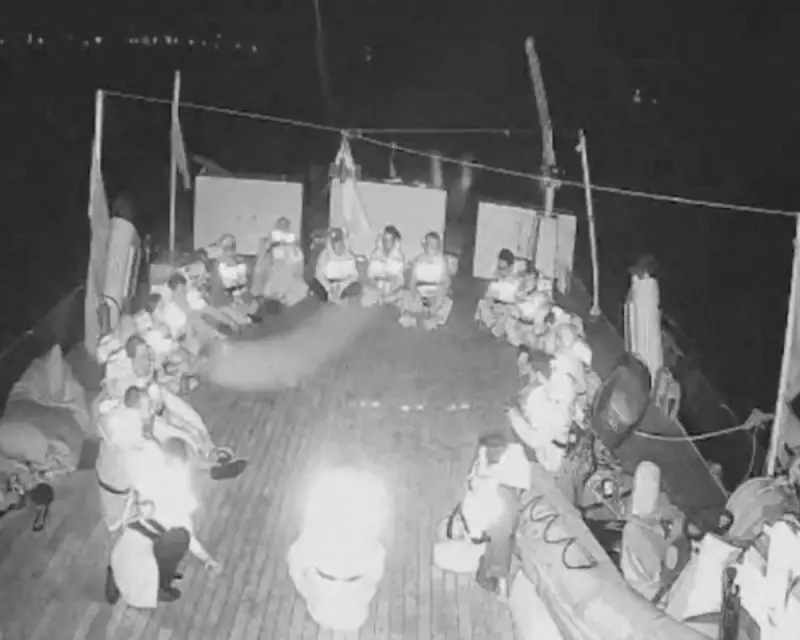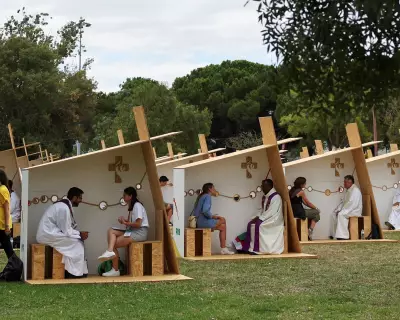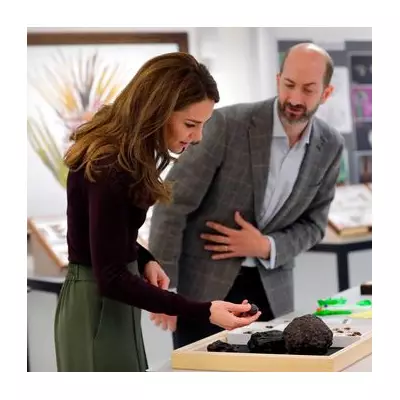
Tensions flared in the eastern Mediterranean today as the Israeli navy intercepted a flotilla of vessels attempting to deliver humanitarian aid to the Gaza Strip. The military confrontation represents the latest escalation in the ongoing conflict and has drawn international condemnation.
The Maritime Standoff
Israeli defence forces confirmed they had boarded and taken control of multiple ships in international waters after what they described as "repeated warnings" to the activists aboard. The flotilla, organised by an international coalition of pro-Palestinian groups, was carrying medical supplies and food intended for Gaza's civilian population.
Witness accounts from the vessels describe tense scenes as military personnel approached in speedboats before boarding the lead ship. Organisers claim the interception occurred in international waters, raising questions about the legality of the operation.
Global Right to Repair Movement Gains Momentum
Meanwhile, consumer rights advocates are celebrating significant progress in the fight against planned obsolescence. New legislation being debated in multiple countries could force manufacturers to make products longer-lasting and more repairable.
"We're seeing a fundamental shift in how consumers relate to their devices," explained a campaign director for the Right to Repair movement. "People are tired of replacing expensive electronics every few years when simple repairs could extend their lifespan."
The Environmental Impact
The movement highlights the staggering environmental cost of electronic waste. Millions of tonnes of discarded gadgets end up in landfills annually, leaching toxic materials into soil and water systems while contributing to greenhouse gas emissions from manufacturing replacements.
World Mourns Jane Goodall
In sadder news, the global community is mourning the passing of Dame Jane Goodall, the legendary primatologist and conservationist whose groundbreaking work with chimpanpees revolutionised our understanding of animal intelligence and behaviour.
Goodall's research in Tanzania's Gombe Stream National Park beginning in the 1960s challenged scientific conventions and inspired generations of environmental activists. Her Jane Goodall Institute continues vital conservation work across Africa.
"Jane didn't just study animals—she taught us how to listen to them," said a colleague from the wildlife conservation community. "Her legacy will continue to shape how we understand and protect our natural world for generations to come."
Tributes have poured in from scientists, world leaders, and environmental organisations worldwide, all highlighting her extraordinary contribution to both science and global conservation efforts.




